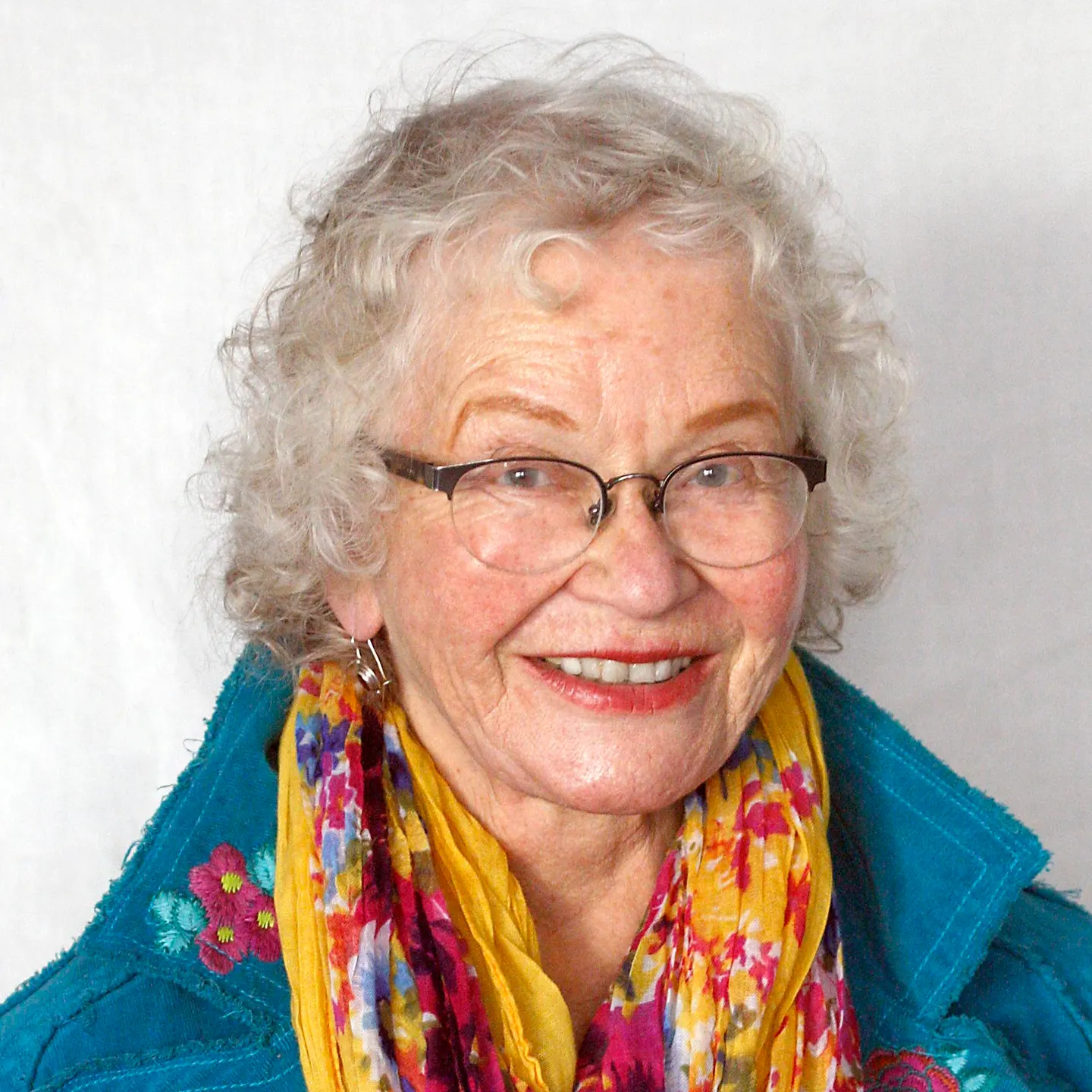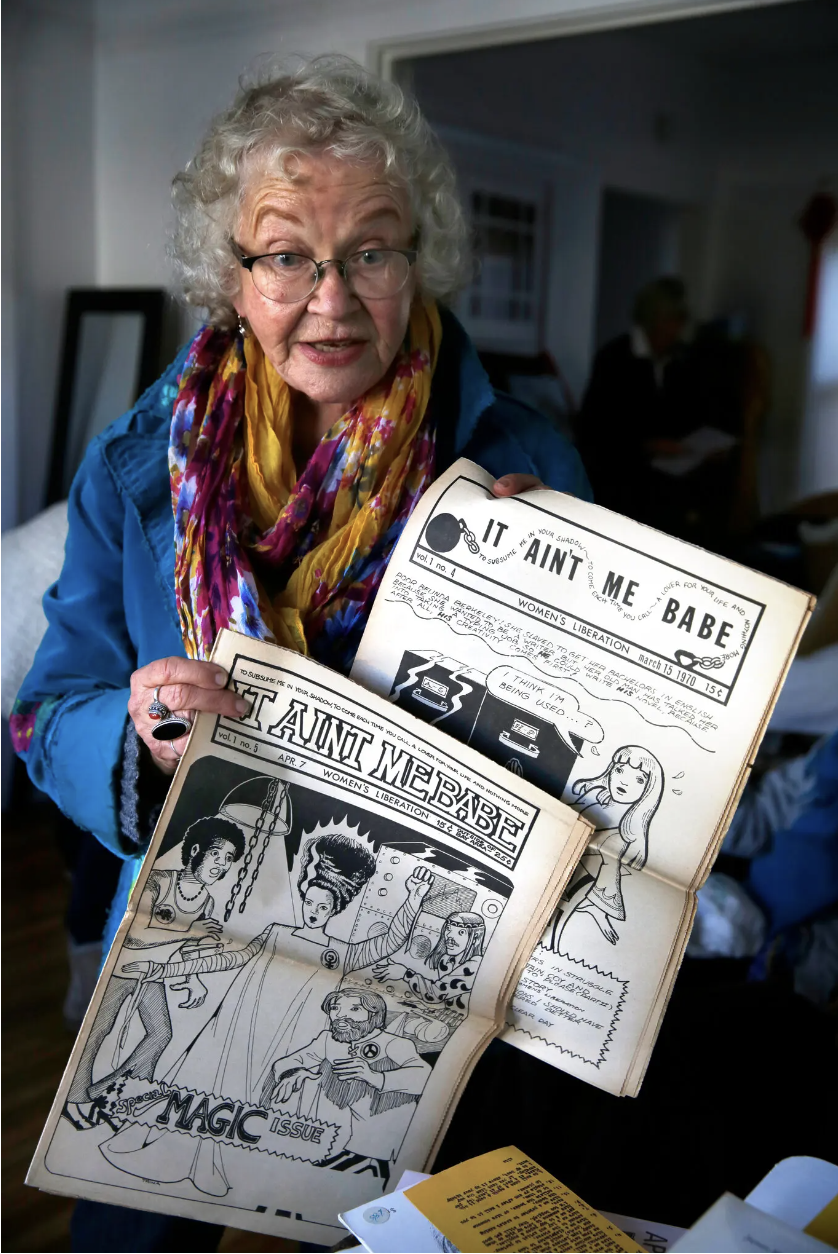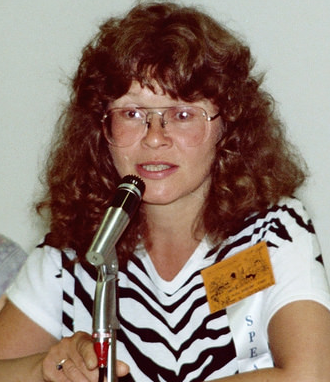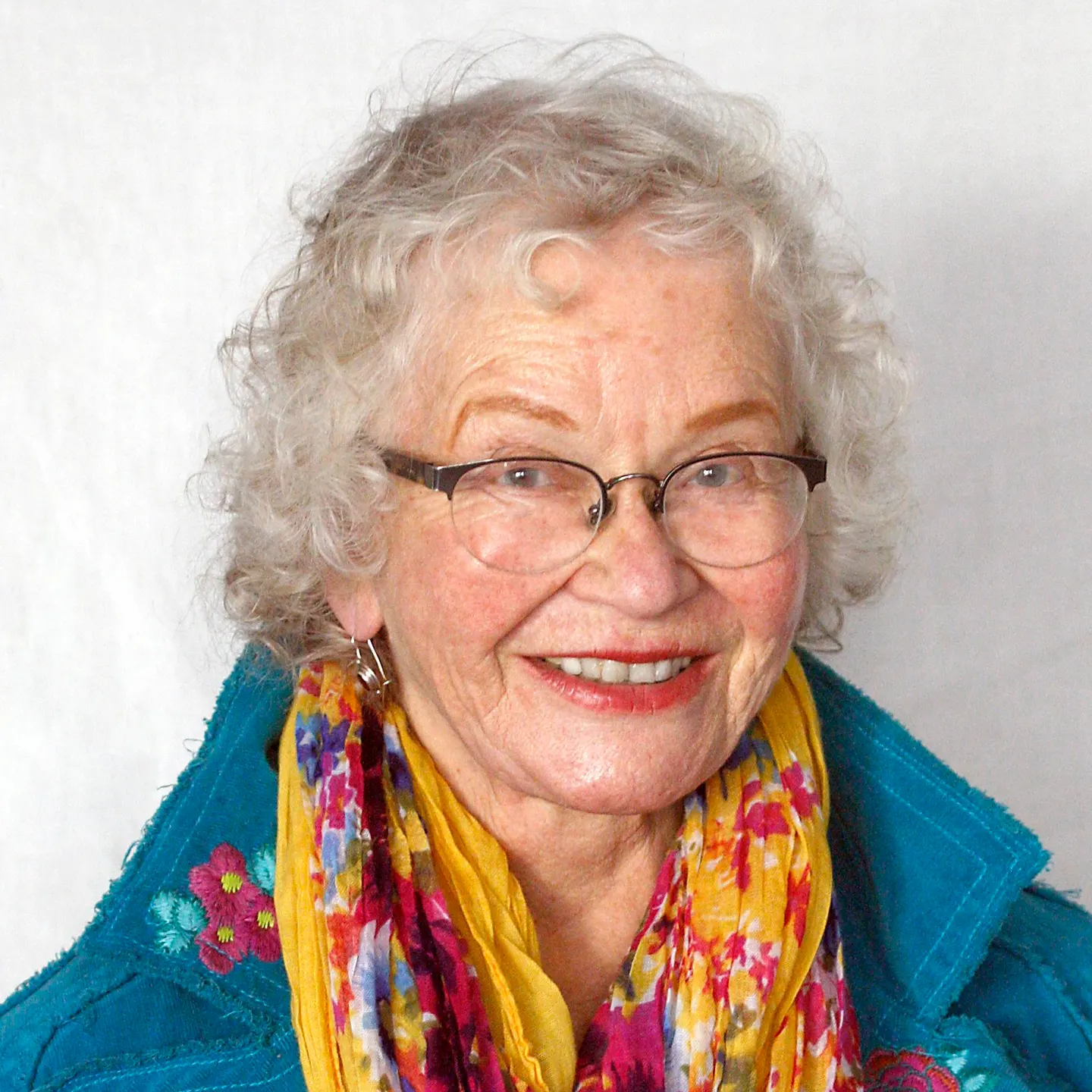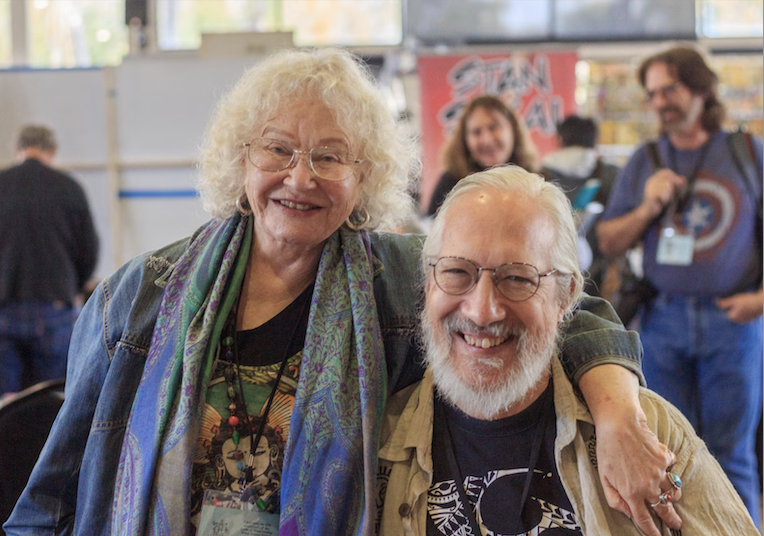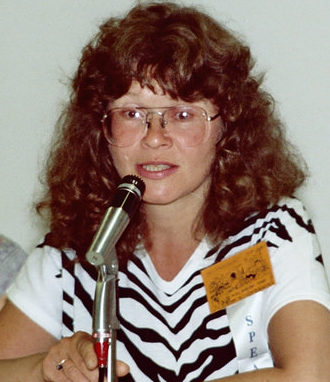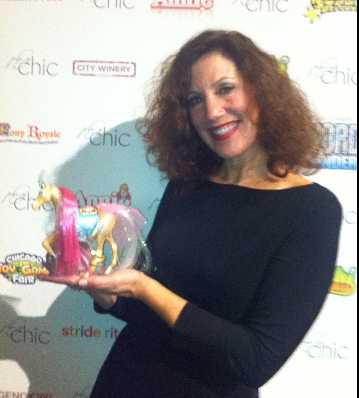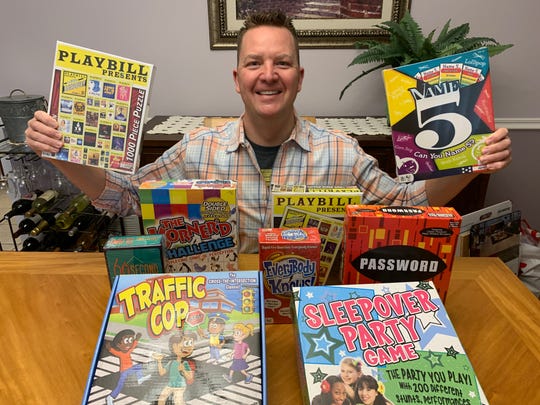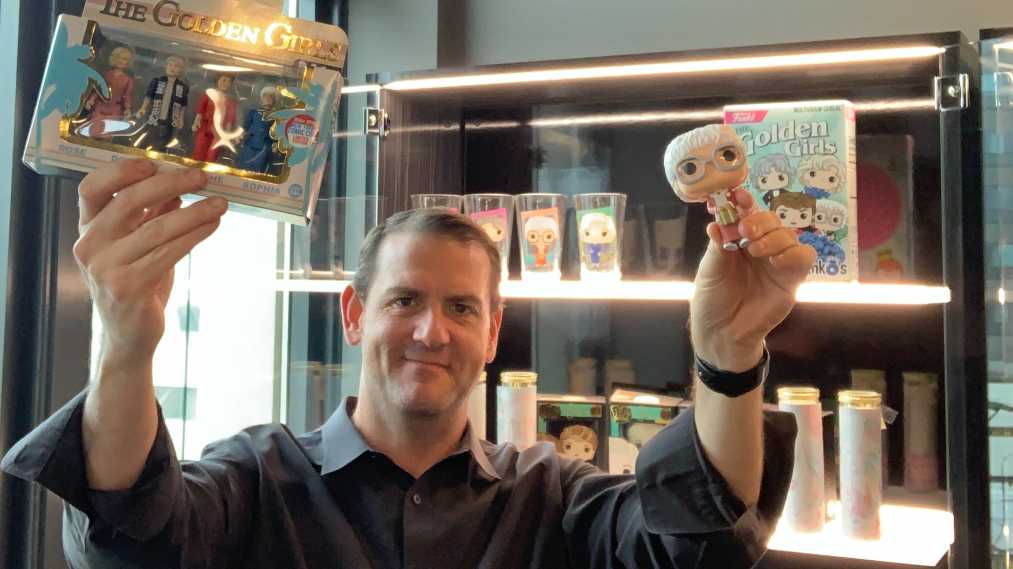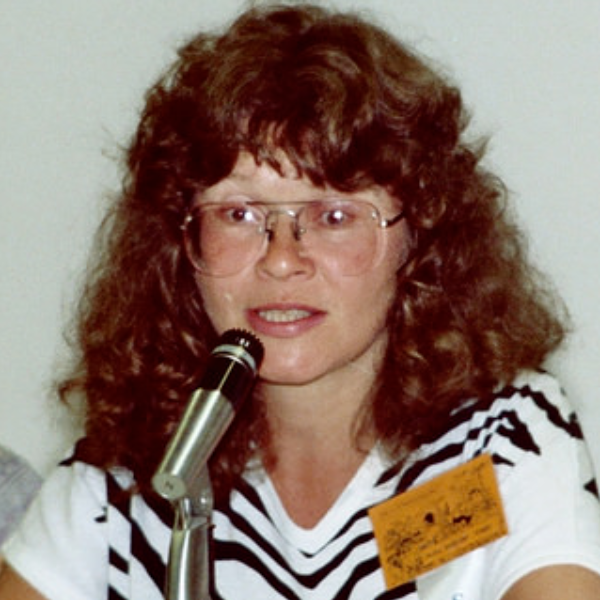
Trina Robbins
Trina was born in Brooklyn and had an early fascination with comic book heroine...
More at : PoPPro >>
Media
Contact Information
Social Media
Skills & Expertise
Roles
Recent Blogs

Reviews
Toy Review: Wyldshyres
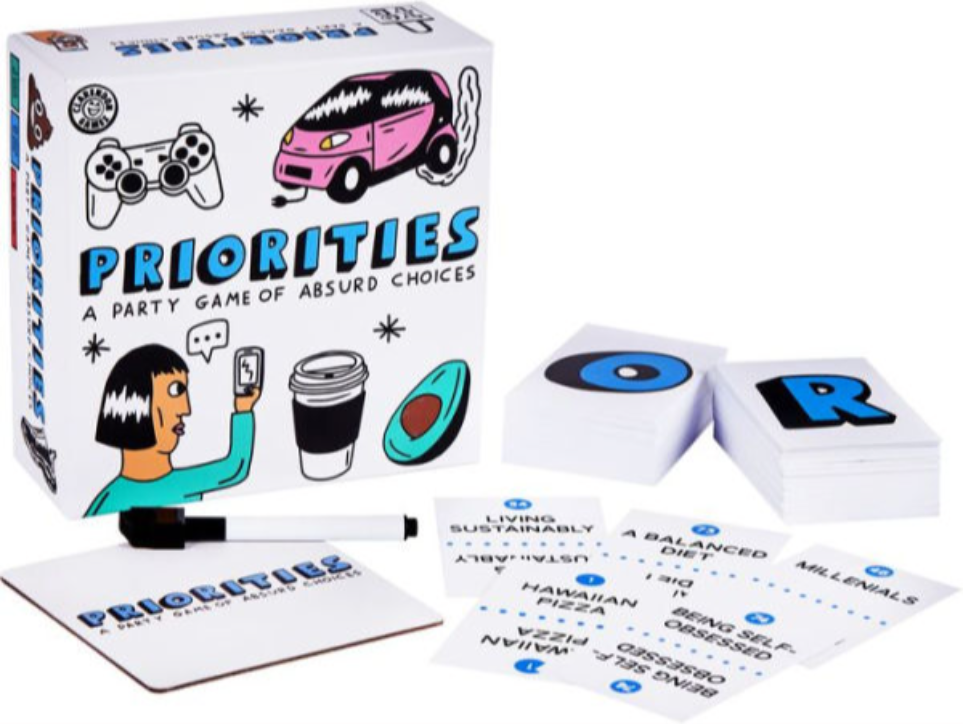
Reviews
Game Review: Priorities
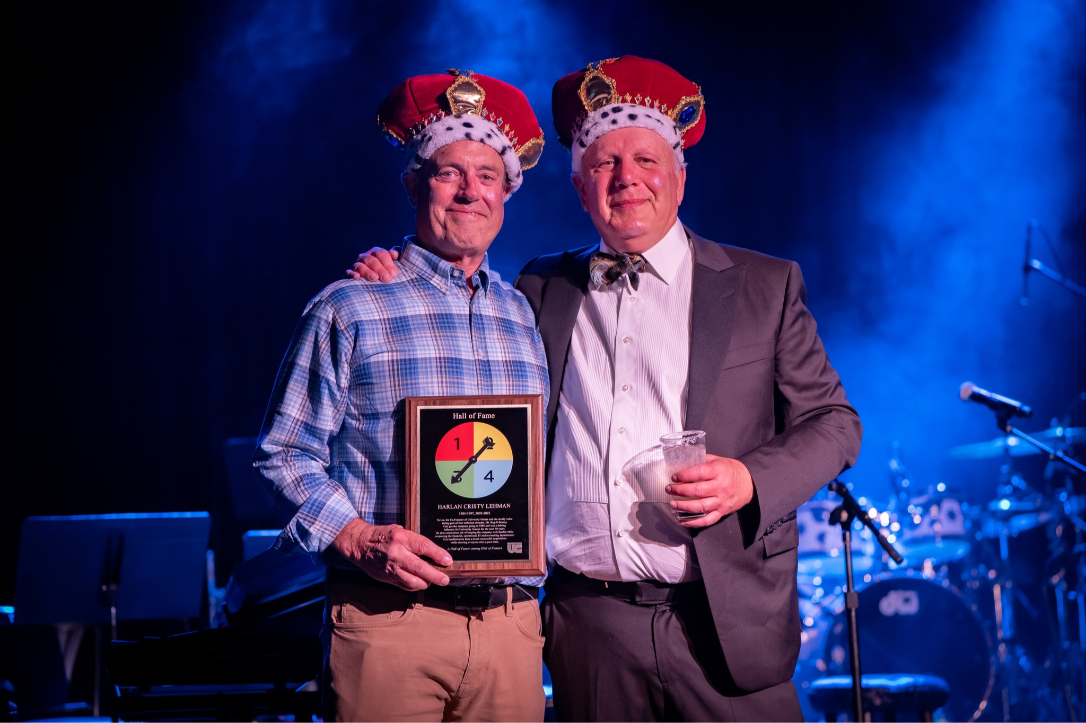
The Bloom Report
Bob Moog’s Tribute to Cris Lehman, Co-founder and CFO of University Games

The Bloom Report
Dr. Amanda Gummer on Children’s Digital Wellbeing Framework (CDWF): A practical route to better-designed digital experiences for children
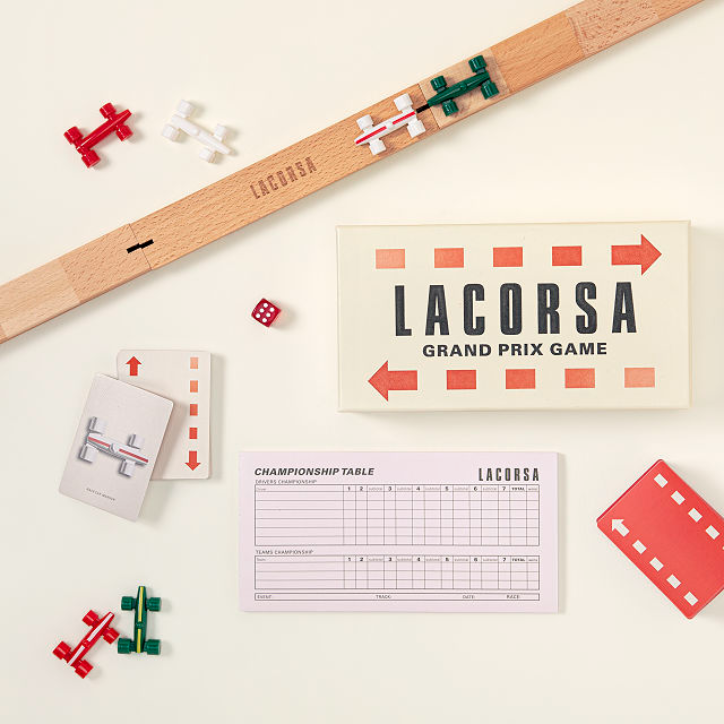
Reviews
Game Review: Lacorsa
See more
Recent Wiki
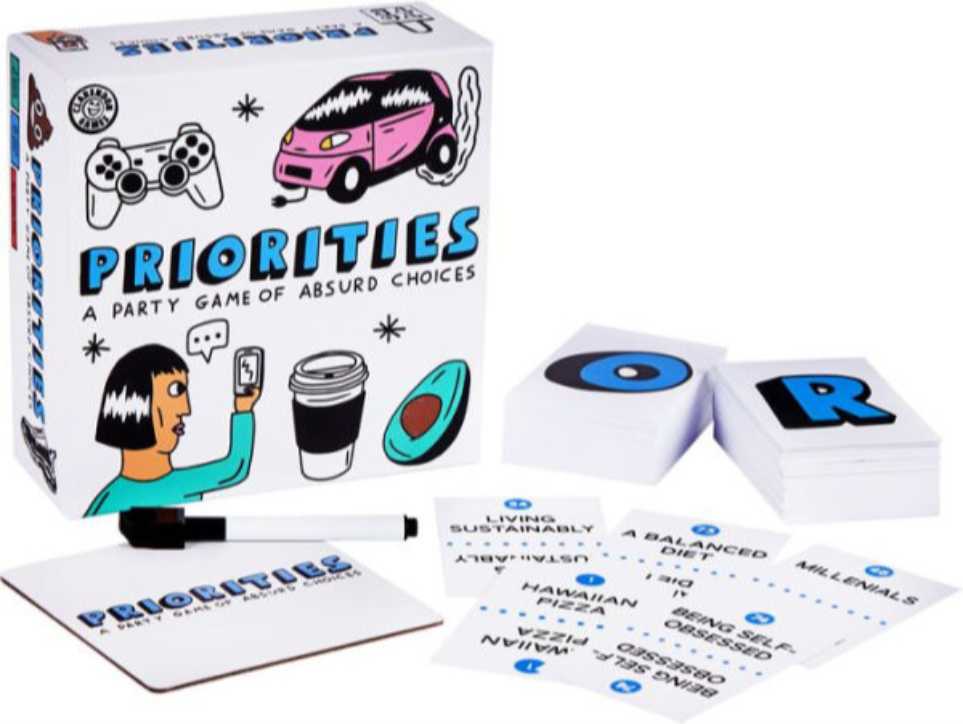
BOOK REVIEWS
Game Review: Priorities
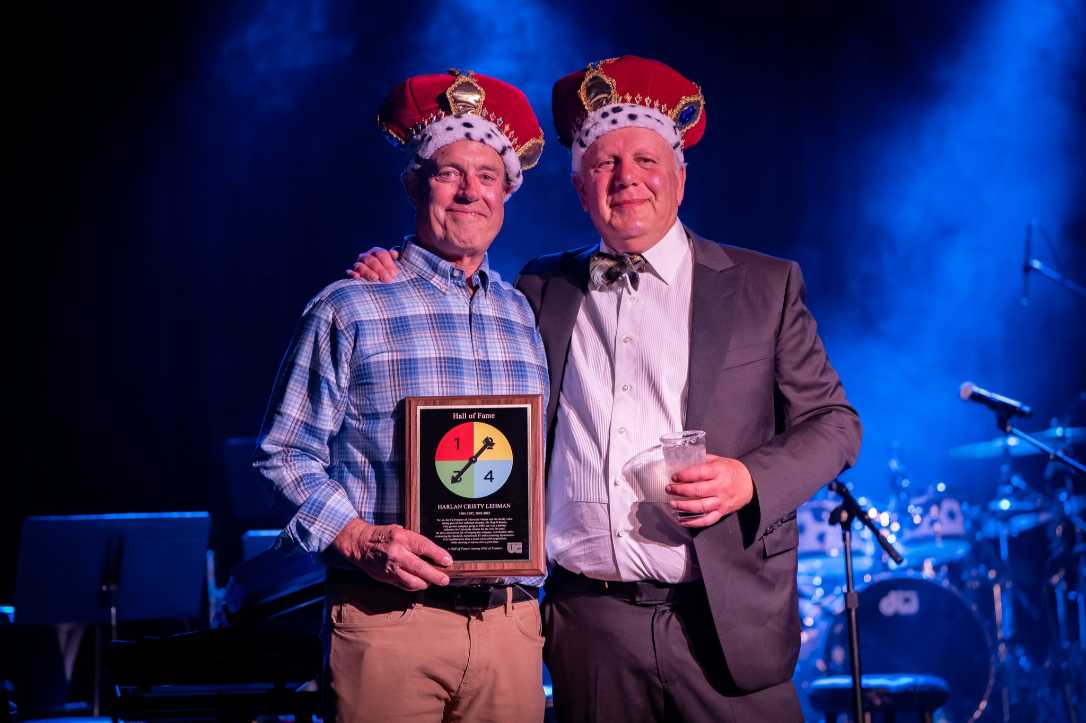
REST IN PEACE - OBITUARIES
Bob Moog’s Tribute to Cris Lehman, Co-founder and CFO of University Games

COMMENTARY AND OPINION EDITORIALS
Dr. Amanda Gummer on Children’s Digital Wellbeing Framework (CDWF): A practical route to better-designed digital experiences for children

BOOK REVIEWS
Toy Review: Wyldshyres
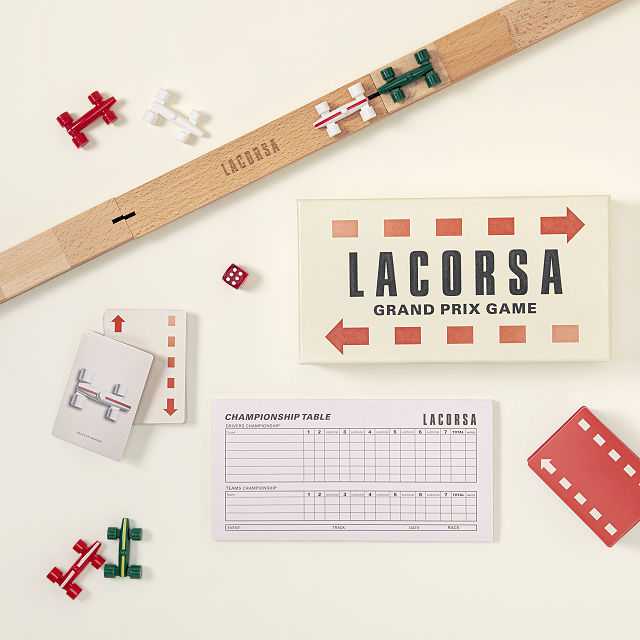
BOOK REVIEWS
Game Review: Lacorsa
See more
POP's Got Talent

POP Entertainment
Randy Klimpert Shares his Ukulele Collection
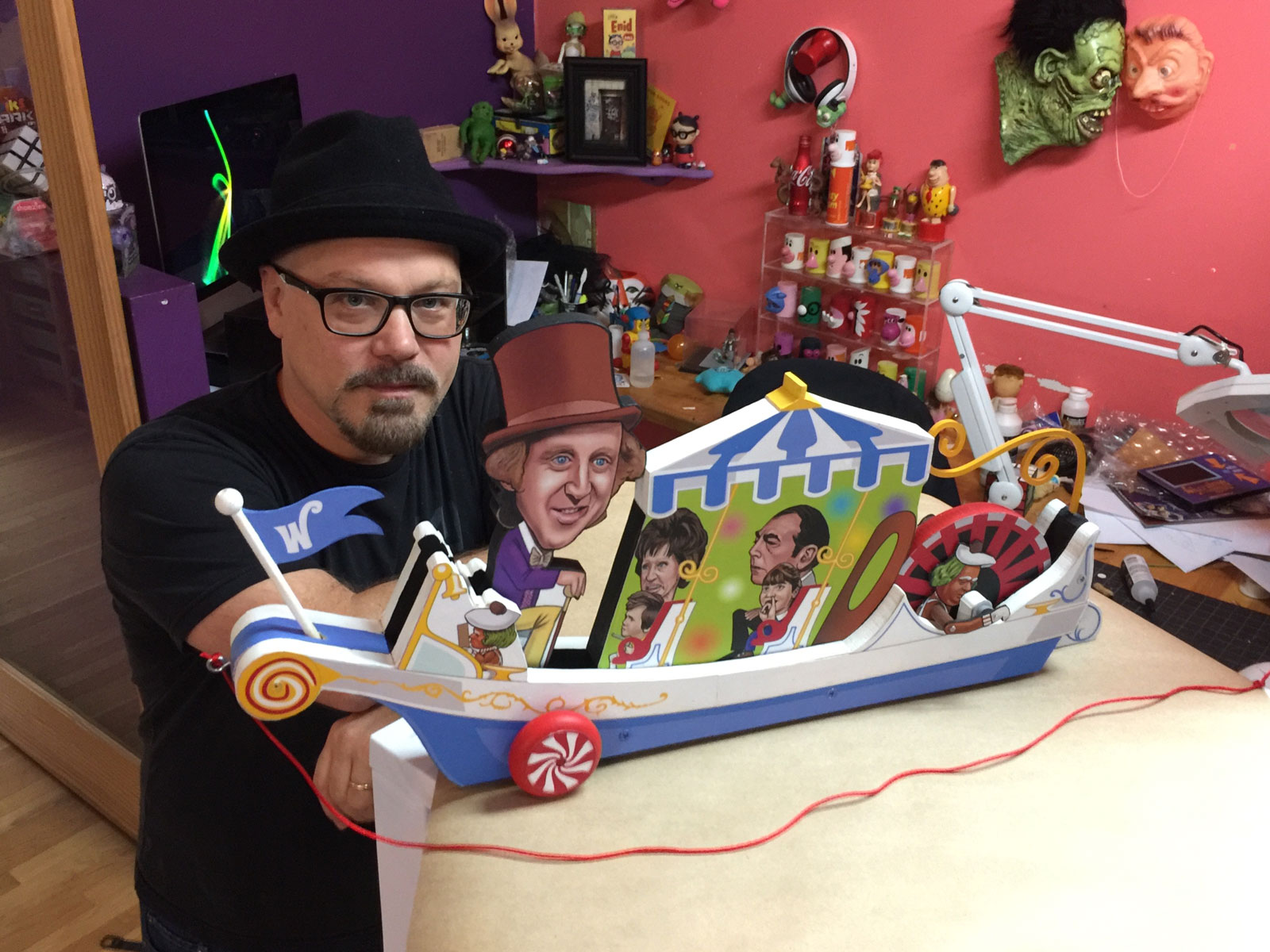
POP Entertainment
Steve Casino Peanut Art
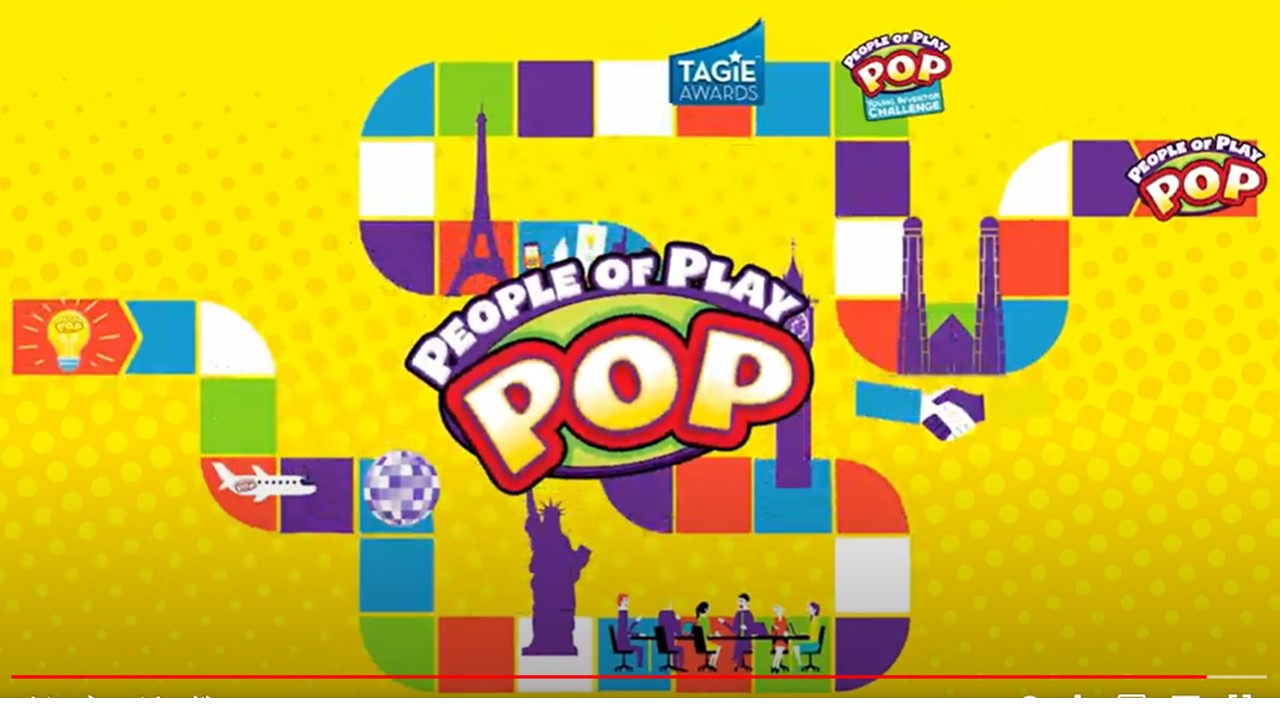
POP Entertainment
Everyone's Talking about POP!

POP Entertainment
Princess Etch - a Multi-Talented Etch A Sketch Artist

POP Entertainment
Joseph Herscher of Joseph' s Machines.
See more
Recent POPcast
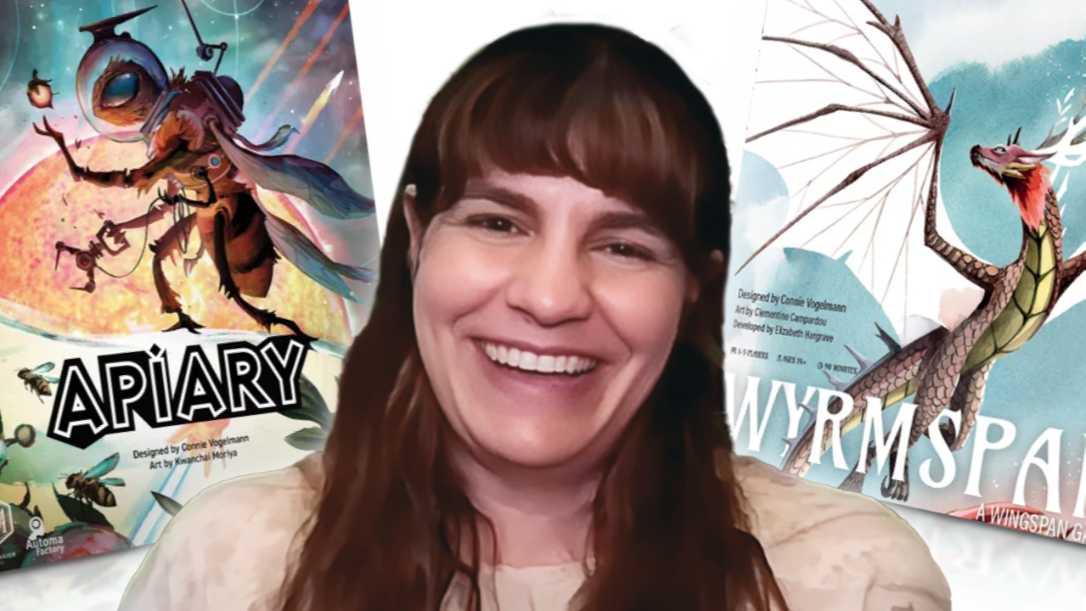
Hidden Role: The Brains Behind your Favorite Games
Connie Vogelmann designed Apiary & Wyrmspan!

Hidden Role: The Brains Behind your Favorite Games
Bob Fuhrer... Is THE Crocodile Dentist!

Hidden Role: The Brains Behind your Favorite Games
Tom Dusenberry... Bought Atari, Wizards of the Coast, and Avalon Hill!

Hidden Role: The Brains Behind your Favorite Games
Matt Leacock created Pandemic... the game!

Hidden Role: The Brains Behind your Favorite Games
Scott Brown and Tim Swindle... are Launching a New Sport!
See more
POPDuos

POPDuos: Interviews with Legends and Leaders
POPDuo: Richard Dickson, Mattel’s President & COO, and Kedar Narayan, Young Inventor Challenge AMB

POPDuos: Interviews with Legends and Leaders
POPDuo: Will Shortz and Josh Wardle

POPDuos: Legends and Leaders Explore Creativity
POP Duo: Elan Lee, Co-Founder, Exploding Kittens.and Jeff Probst, Host and Exec Producer, Survivor

POPDuos: Legends and Leaders Explore Creativity
POP Duo: David Fuhrer, MNG Director, Blue Sq Innovations & Shawn Green, past Dodgers & Mets MLB Star

POPDuos: Legends and Leaders Explore Creativity
POP Duo: Bob Fuhrer, Founder, Nextoy and Tom Fazio, Golf Course Designer
See more

